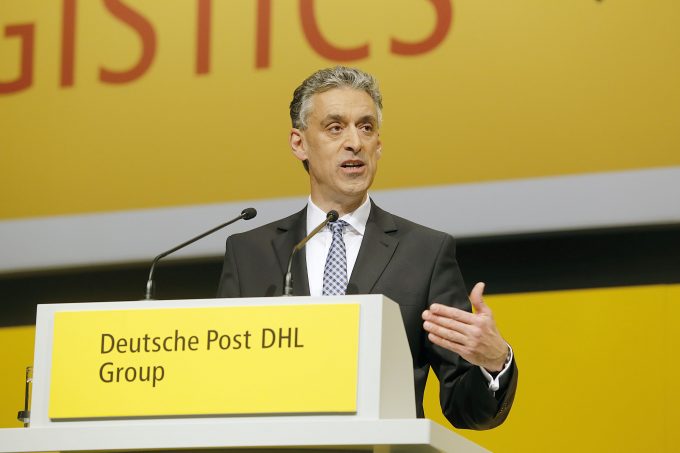Commercial risk to Maersk from its integrator strategy is 'too high'
Maersk’s ambition to become “the integrator of container logistics”, combining shipping and port terminals with ...

The Wall Street Journal has published an interview with DHL’s Frank Appel, who is looking at the next stage of the Covid challenge. He predicts that air freight capacity won’t keep up with demand when it returns, and says supply chains will have to take longer.
He said customers should “think about their supply chain and they will take more lead times for the inventory, if they have enough in stock, and put it on shipping lines, even for higher-value products. The capacity on the sea vessels is significantly larger than the airfreight.”
He also believes that this is not the end of globalisation, but perhaps the start of a new structure for supply chains, which will become more resilient, spreading sourcing among more factories – but not all re-shoring.
Worth a read.
Etail by air – here to stay or on a short shelf life?
HMM sees opportunities in Hapag-Lloyd’s exit from THE Alliance
How crazy is this: DSV goes hostile on Expeditors or CH Robinson?
Liners unveil Asia-Europe FAK price hikes to arrest steady rate decline
Legal battle heats up over 'unseaworthy' and 'reckless' MV Dali
Another strong month for US ports as container flows continue to rise
DSV chief reticent on Schenker: the focus on growing market share
Alex Lennane
email: [email protected]
mobile: +44 7879 334 389
During August 2023, please contact
Alex Whiteman
email: [email protected]
Alessandro Pasetti
email: [email protected]
mobile: +44 7402 255 512

Comment on this article